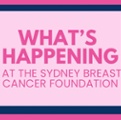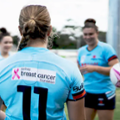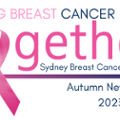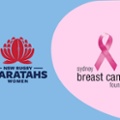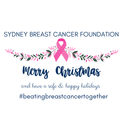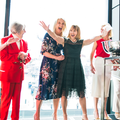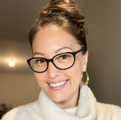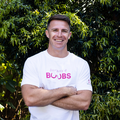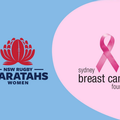Breast Care Clinical Nurse Specialist Kate Bilton2 May 2017
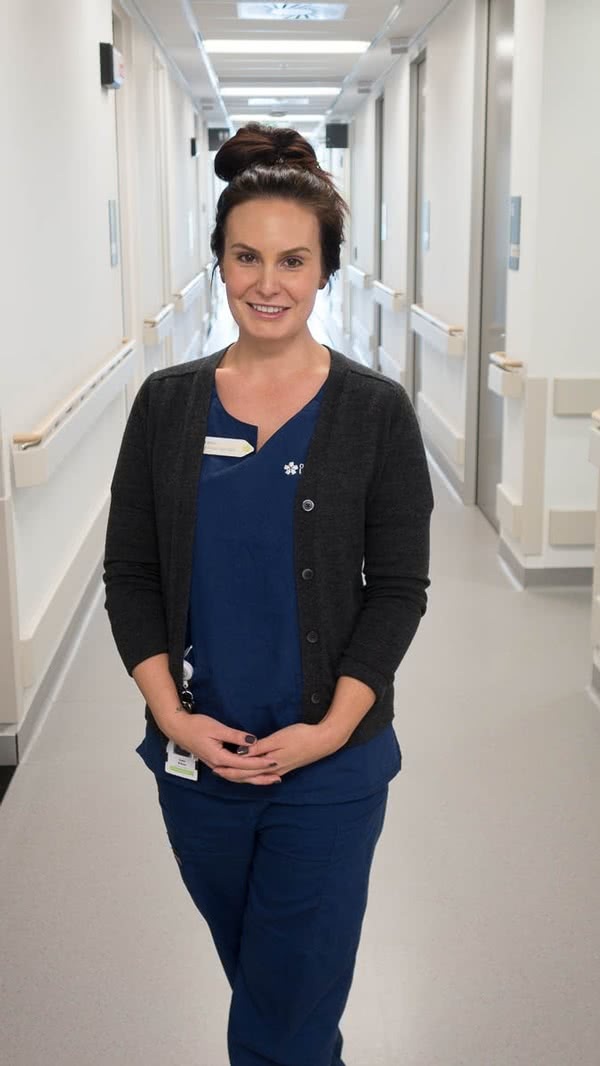
One thing that Kate Bilton discovered about herself when she went into nursing was her skill as a cannulator (inserting a needle into a vein). Kate jokes “I could get blood out of a stone, so that makes me a bit of a vampire.”
Kate started out studying a Bachelor of Science but on her sister’s advice, she switched to a nursing degree. “My older sister was studying medicine as I was growing up so I developed an interest in the field. She thought I’d make a good nurse, and I took her advice and made the switch.”
She hasn’t looked back since, going on to complete a Masters in Nursing. One week into her new role as breast care clinical nurse specialist, Kate was enrolling in courses on breast cancer and spending time in theatres to learn more about the different types of breast surgery procedures.
“Seeing how it’s done allows me to better explain the procedures to patients and the post-op care that they need—I can tell who will be able to go home after surgery, who will have to be admitted and which patients will need drains,” says Kate.
As part of the nurse-led pre-admission clinic, Kate assesses and advises surgical patients on their post-op care plan. In the breast clinic she changes dressings and removes drains; meets patients in day therapy or on the ward; and makes referrals, for example to palliative care or psychologists.
Another part of the role is educating patients and supporting nursing staff who deliver the front-line care. She also sits in with the doctors during consultations to support both them and the patients.
Breast cancer patients are one of the largest groups at Lifehouse, with hundreds going through the breast clinic each month. One in eight women in Australia will be diagnosed with breast cancer by the age of 85.
“Often while they’re on their treatment journey they feel supported because they’re in here all the time, but once it’s over, they’re sent back out into the world on their own and they can feel really nervous about any little thing - thinking that the cancer has returned. It’s about being a port of call for them once they leave us. They do still have follow up but it’s not as regular. So, I will be a contact person for them,” says Kate.
Outside of work Kate likes walking her Pomeranian and going to the gym or going for a run. She also likes travelling, and is planning to visit America this year, including New York, Las Vegas and Los Angeles.
Kate’s position at Lifehouse is partly funded by the Sydney Breast Cancer Foundation, “I want to thank SBCF for the chance to take on this role. I’m just really grateful to be given this opportunity,” says Kate.
